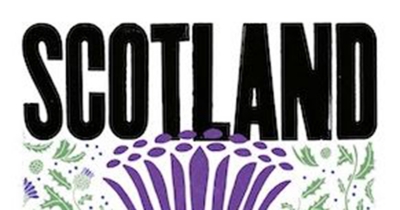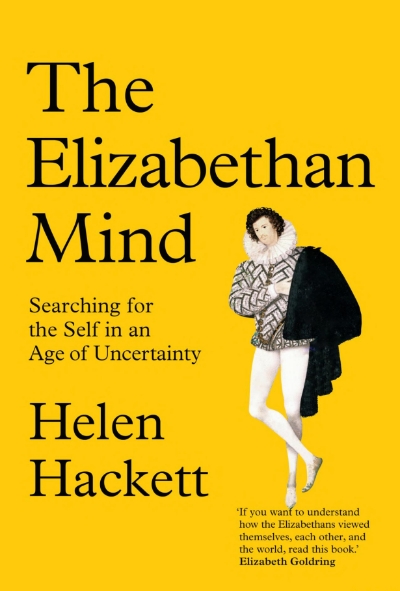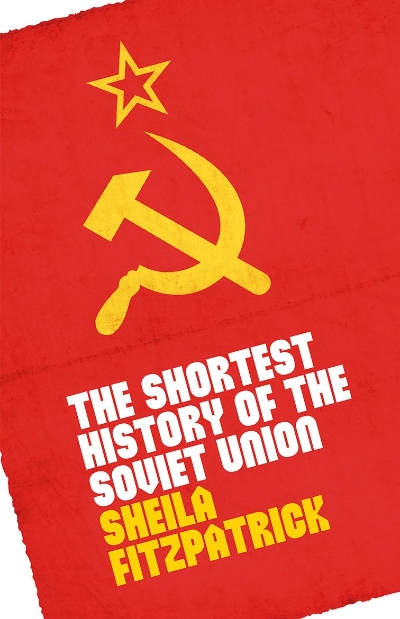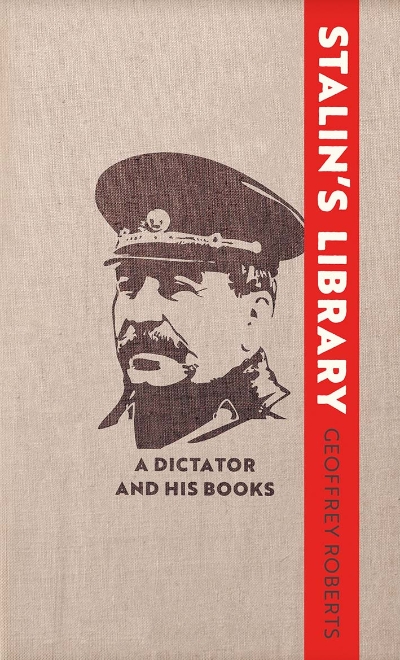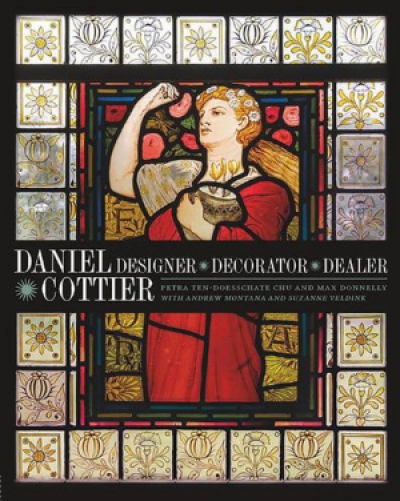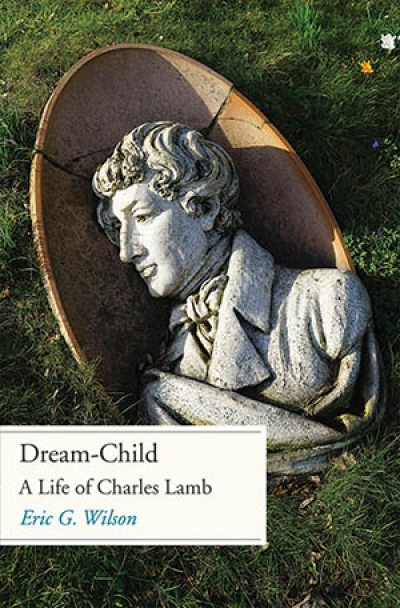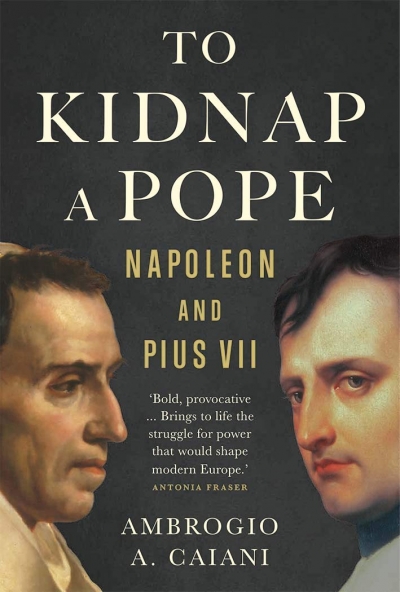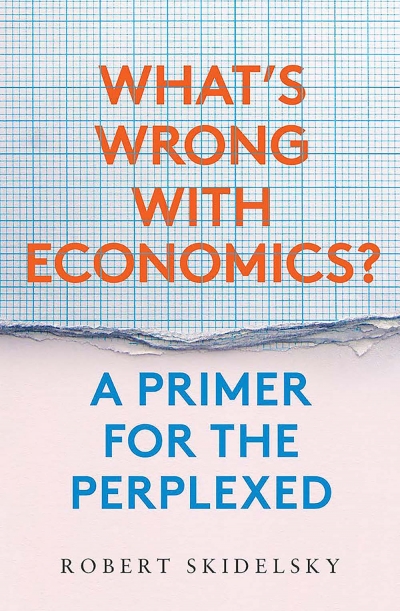Yale University Press
Scotland: The global history - 1603 to the present by Murray Pittock
by Gordon Pentland •
The Elizabethan Mind: Searching for the self in an age of uncertainty by Helen Hackett
by P. Kishore Saval •
The Shortest History of the Soviet Union by Sheila Fitzpatrick & Collapse by Vladislav M. Zubok
by Luke Stegemann •
Daniel Cottier: Designer, decorator, dealer by Petra ten-Doesschate Chu and Max Donnelly, with Andrew Montana and Suzan Veldink
by Matthew Martin •
Condemned: The transported men, women and children who built Britain’s empire by Graham Seal
by Seumas Spark •
To Kidnap a Pope: Napoleon and Pius VII by Ambrogio A. Caiani
by Miles Pattenden •
Take Arms Against a Sea of Troubles: The power of the reader’s mind over a universe of death by Harold Bloom
by James Ley •
What’s Wrong with Economics?: A primer for the perplexed by Robert Skidelsky
by John Tang •

